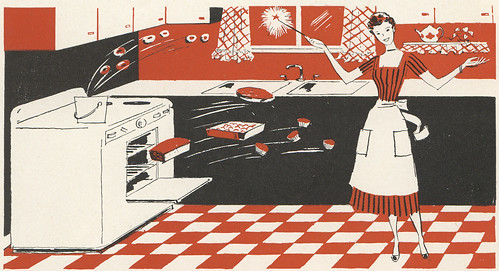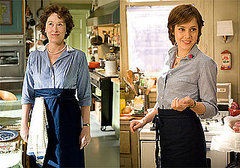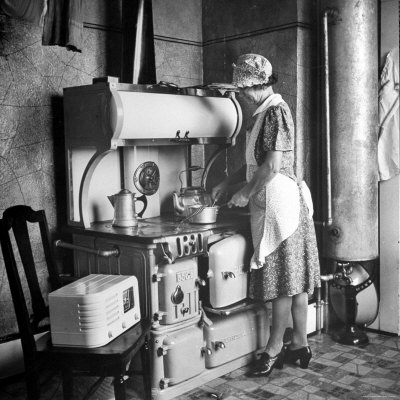Today is my last blog for this semester, I do hope you have enjoyed reading my blog and the journey I have gone through in this experience. I have grasped a whole new understanding of what cooking means for me, and I am excited for what my future cooking experiences will bring.
To finish off here are a few of my favourite old time pictures relating to cooking, enjoy!
See you next time!
(Lecturer material)
My Feedback links:
http://breannaquinn.blogspot.com/2011/09/participation-in-occupation-two.html?showComment=1318244701395#c5912468148528487900 =Comment on post 1.
http://rhiannhikuroa.blogspot.com/2011/09/participation-in-occupation-ii.html?showComment=1318245301728#c7749607174402505533 =Comment on post 1.
http://jooneill.blogspot.com/2011/09/ergonomics.html?showComment=1318246018436#c3054812317814435345 =Comment on post 2.
http://shilmonipo1.blogspot.com/2011/09/eegonomics.html?showComment=1318247742840#c1532584429636200304 =Comment on post 1.
Reference List:
Ephron, N. (Director). Powell, J. (Actor). (2009). Julie & Julia [Motion picture]. United States: Columbia Pictures.
Fitzherbert, J. (1882). The book of Husbandry. Reprinted from the edition of 1534, ed. W.W.Skeat.London: Published for the English Dialect Society.
Jungersen, K. (1994). Te Whare Pora (The house of weaving): Reflections on weaving and Occupational Therapy. Occupation, 2(1), 35.
Puketapu-Hete, E. (1989). Maori weaving. Auckland:Pitman.
Rongoken, L.(1992).Tivaevae: Portraits of Cook Islands quilting. Daphne Brasell Associates Press: Wellington.
William. (1883). Facts: Or, the Experiences of a Recent Colonist in New Zealand. Published by William, Willow Grove, Yalding, Kent.
(References I found related appropriately)
Harder, F. (2009).The Developmental Stages of Erik Erikson. Retrieved September 18 2011 from: http://www.learningplaceonline.com/stages/organize/Erikson.htm

















